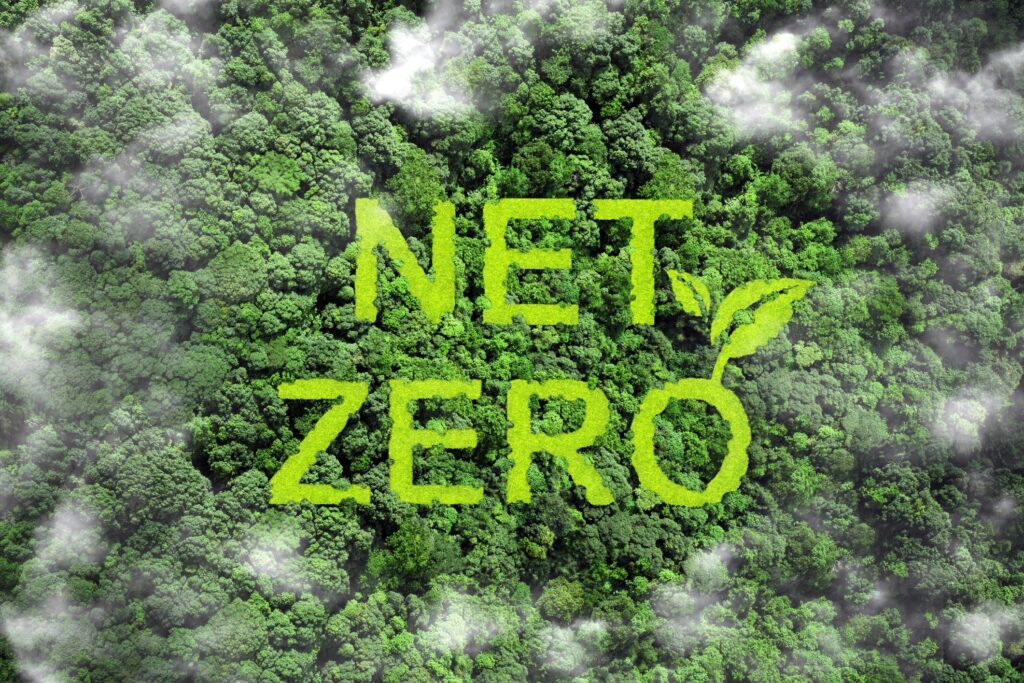As environmental regulations evolve and supply chain stakeholders demand greater transparency, accurate and verifiable emissions reporting is the new norm. For shippers and 3PL service providers, being in a position to monitor and report Scope 3 emissions—those originating from third-party activities like transportation and distribution—is increasingly imperative.
While California’s SB 253 and SB 261 are not new laws, they codify an expanding national movement toward climate-related disclosure and supply chain carbon emissions reporting. Businesses that operate with or in California are now being mandated to measure and disclose emissions more particularly. This is expected to be done with respect to upstream and downstream collaborators. This means that shippers must have processes in place to obtain accurate Scope 3 information from logistics providers, and providers must be able to deliver it.
What California SB 253 and SB 261 Mean for Emissions Reporting
California’s SB 253 (Climate Corporate Data Accountability Act) and SB 261 (Climate-Related Financial Risk Disclosure Act) are significant legislative milestones in climate reporting rules. The bills establish frameworks for how large companies report emissions and assess climate-related risks. Though directly impacting firms doing business in California, they are influencing corporate climate strategy nationwide.
- SB 253 asks companies that have over $1 billion in annual revenue to report Scope 1, 2, and 3 emissions publicly via a third-party auditor.
- SB 261 asks companies that have over $500 million in annual revenue to report every two years on climate-related financial risk.
Together, these laws are fueling a broader industry-wide movement to demand outright transparency into emissions along the entire supply chain. As such, shippers are increasingly being asked to request carbon data from their service providers, including freight forwarders, ocean carriers, and other 3PL partners.
Why Accurate Scope 3 Emissions Reporting Matters
Scope 3 emissions account for the majority of a company’s carbon footprint—up to 70% or more in the majority of supply chains. Without third-party audited, accredited reporting from service providers, shippers will likely miss regulatory and voluntary ESG targets.
Auditable, accredited emissions information is necessary for:
- Compliance: Achieving SB 253/261, and future federal or international requirements
- Investor confidence: Supporting ESG performance claims with measurable data
- Customer trust: Communicating sustainability commitments through measurable action
- Operational visibility: Identifying carbon hotspots in order to streamline supply chains
This compels 3PLs and freight carriers to be proactive about tracking and sharing emissions information. The more open and the more standardized the process, the less cumbersome it is for shippers to include emissions information in their corporate responsibility reporting.
How Service Providers and 3PLs Can Help Shippers
To meet the growing demand for Scope 3 emissions data, logistics service providers need to:
- Implement carbon reporting that provides activity-based emissions intelligence by lane and mode
- Use compliant methods like GHG Protocol or ISO14083 to ensure accuracy and auditability
- Collaborate with shippers to establish emissions sources and boundaries for reporting
- Offer emissions dashboards or automated reports that integrate with shippers’ ESG or financial systems
Greenabl’s verified logistics solutions simplify tracking, normalizing, and reporting emissions data. This aligns with international frameworks such as GLEC, and provides auditable Scope 3 information with minimal effort, benefitting shippers by saving time and increasing confidence in their sustainability goals. For logistics providers, Greenabl serves as a strategic differentiator. We help them win RFPs, secure relationships, and future-proof their offerings as strategic sustainability partners.
Using Carbon Credits as a Follow-Up Strategy
Once shippers establish a good baseline for emissions, they may offset remaining emissions through verified carbon credit programs. While not a replacement for operational reductions, carbon credits offer a path to carbon neutrality when paired with effective reporting.
Greenabl members have the opportunity to pursue partnerships and solutions tied to low-emission technology and offset programs. Third-party certified carbon credit programs like Transport Emissions Reduction Certificates (TERC) offer vetted options to offset transportation-related emissions.
Crafting a Sustainable Path Forward
The market and regulatory environment is anticipated to undergo further evolution. Both shippers and logistics providers must adapt by investing in comprehensive Scope 3 emissions reporting. With platforms like Greenabl, auditable and transparent emissions data is more attainable through shipper-3PL collaboration. Now is the time to standardize tracking, ensure validation of reporting processes, and build the basis for lasting sustainability leadership.


